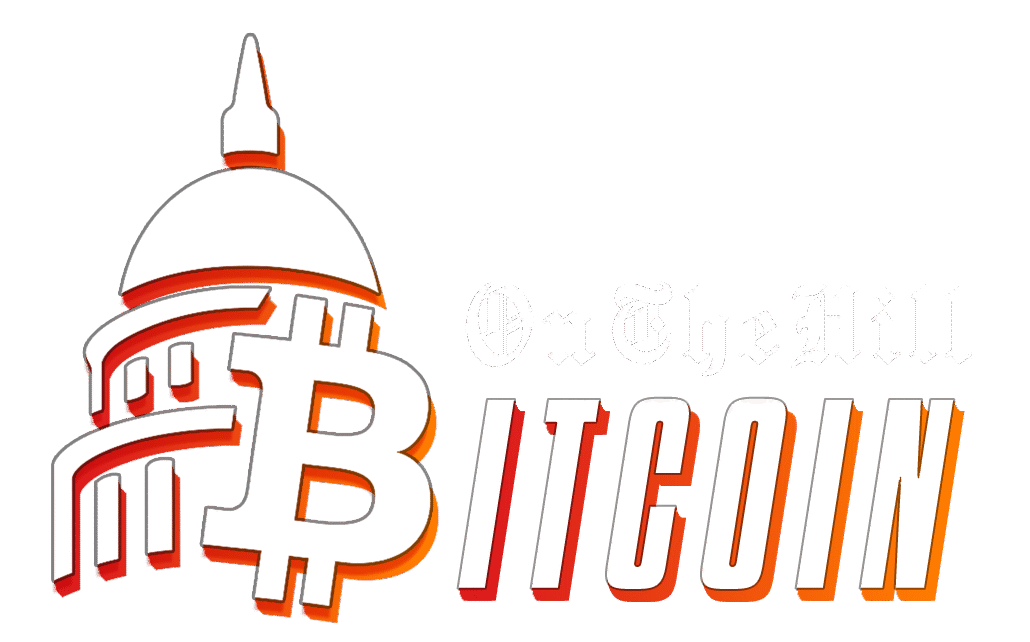Decentralized Finance vs. The Rulebook: Can They Coexist?
This week, the heart of Washington pulsed with a burning question: is it possible for decentralized finance, or DeFi, to play nice with regulatory compliance? That was the headline debate at D.C. Fintech Week, where industry heavyweights, regulators, and policy wonks gathered to hash out the future of crypto in America.
DeFi has been touted as the antidote to traditional finance’s red tape, promising borderless, permissionless transactions that cut out the middleman. But with innovation comes scrutiny. As billions flow through decentralized protocols, the government’s gaze has intensified, and the big question on everyone’s mind is whether DeFi’s rebellious spirit can survive the tightening grip of Washington regulators.
Regulators Step Into the Spotlight
Panels at the conference featured representatives from the U.S. Securities and Exchange Commission (SEC), the Commodity Futures Trading Commission (CFTC), and the U.S. Department of the Treasury, each offering their own take on how—or if—DeFi can be brought into the regulatory fold. The SEC continued to emphasize its stance that many tokens traded on DeFi platforms could be securities, meaning they should fall under the agency’s jurisdiction. Meanwhile, the Treasury raised alarms about illicit finance risks, arguing that DeFi’s pseudonymous nature is a magnet for money laundering and sanctions evasion.
The Political Chess Game Behind Crypto Regulation
Make no mistake: the debate over DeFi isn’t just about technology, it’s about power and control. Lawmakers are split. Some see crypto as a driver of American tech leadership and want to keep innovation onshore. Others warn that a hands-off approach is an open invitation for financial crime. The result? A political tug-of-war that’s left the industry in limbo.
With bipartisan bills like the Digital Commodity Exchange Act and the Financial Innovation and Technology for the 21st Century Act languishing in Congress, it’s clear that politicians are still searching for consensus on how to regulate crypto without crushing it. The 2024 election could be a turning point, as candidates jockey for the support of both Silicon Valley and Main Street voters who are watching crypto’s fate closely.
What’s Next for DeFi—and for Washington?
As DeFi projects continue to expand, the pressure is on regulators to find a middle ground that protects consumers without stifling innovation. The political stakes are high. Will the U.S. cement its status as a crypto hub, or will heavy-handed regulation drive talent and capital overseas? One thing’s certain: the fight over DeFi regulation is just getting started, and its outcome will shape the future of finance—and the next chapter in America’s political economy. Stay tuned, because Washington is only just warming up.





